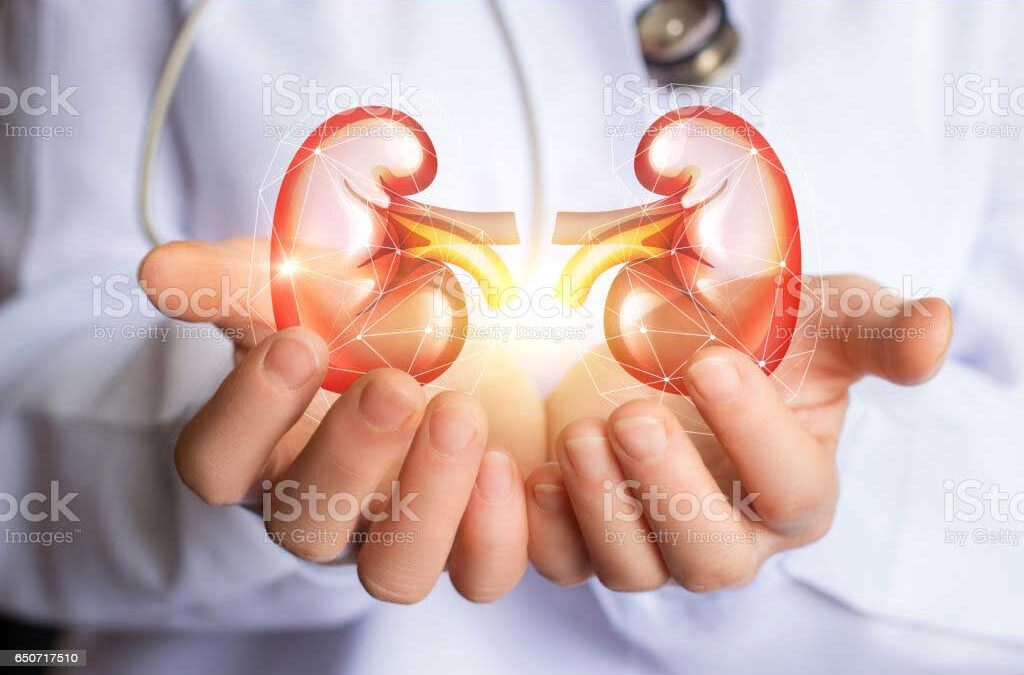 Question for Trudy:
Question for Trudy:
Dear Trudy,
I am not sure if you remember me or not. My name is Kelli. I have Multiple Sclerosis and have been dealing with bladder/bowel issues for some time. I noticed in my e-mail you are dealing with another health issue (kidneys I believe).
I am SO sorry that is the case.
I currently receive home care twice a day to help with my bladder. May I ask if your trouble with your kidneys is anything to do with self-cathing ?
Cheers, Kelli🌹
Answer
Dear Kelli,
I am so glad you asked this question because like you, I was in the dark about the connection between neurogenic bladder and kidney problems.
In my last post, I was complaining because I felt frustrated that I am limited to the use of some pain meds, because I have to be kind to my kidneys. I just want to take extra special care of what I have. Because we have neurogenic bladders and multiple infections, our kidneys can also become compromised, over time. If you look at your anatomy, the kidneys are just a tube ride upstream from the bladder, so eventually bladder troubles can easily lead to kidney disease. This is really important for us to keep in mind because we can help our kidneys last as long as possible. One thing to help is to avoid ingesting harmful toxins and even seemingly safe substances that cause the more work for our kidneys. Drugs and alcohol are a no brainer, of course. Alcohol puts additional stress on the kidneys; they have to work harder because alcohol acts like a diuretic and the kidneys have to maintain your electrolyte balance. So, there simply can be no “drinking in excess”! Using Tylenol for pain, instead of Advil, is better [see Pain Medicines (Analgesics)] because Tylenol is metabolized through your liver and Advil, non steroidal anti-inflammatory drugs (NSAIDs) are more damaging to kidneys, especially if they already exhibit decreased function. If you have arthritis, like I do, using pain meds very sparingly is a very good thing. My motto, at times, has become: “Suck it up buttercup.”
When you go in for your annual yearly check-up, if you doctor has not ordered the test, ask to have your kidneys checked. With just a simple blood test, they can determine how your kidneys are doing. The biological marker they measure is Creatinine. High blood pressure is both an additional stressor to the kidneys and an indicator that your kidneys may be in trouble. I will use myself as an example. My eGFR is 54. That tells me that my kidneys are moderately impaired. I have been taking an antibiotic every day for several years, now, and my eGFR has remained the same, so it is not alarming. BUT I am technically at “3rd stage kidney failure,” on the chart. One starts dialysis when the creatinine clearance level indicates: 4th stage kidney failure. So, I watch what I eat — avoiding salty food (again, the diuretic effect) and even herbal dietary supplements, for instance [see link in previous post]. I also exercise, almost daily, to keep my blood pressure down. (Yes, it is a bit high, I’ll admit).
I would encourage all of you to find out how your own kidneys are functioning. We need to be aware of our bodies and try to keep them healthy. Everything is connected and can easily affect another part of your body! I found this excellent article about pain control and kidneys. Please take the time to read it.
Kidney Disease Can be a Real Pain
By Raffi Minasian, MD
Pain is a common and complex problem in people living with chronic kidney disease. The risks and benefits of treating pain itself need to be understood. Pain medications can cause dependence, depression, itching, constipation, dizziness, light-headedness, feeling faint, abdominal distention, bloating and increased risk of falling. Patients are often unaware of these risks.
Please read on.
We need to be aware of limitations of our own body. I hope this helps. I look forward to hearing back from you, soon!

